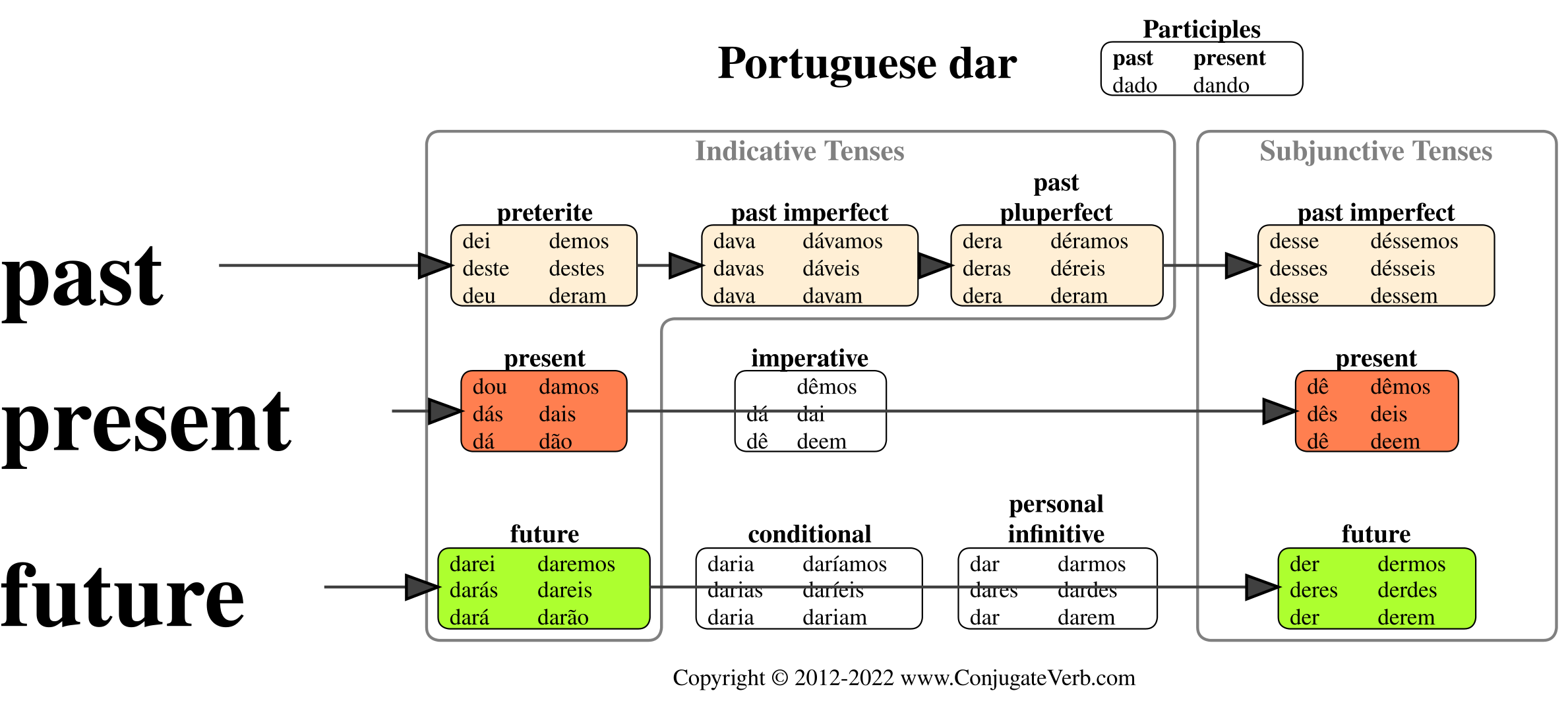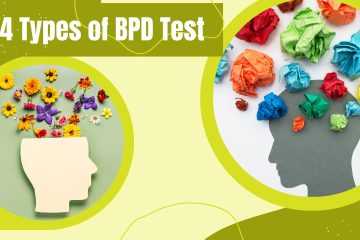According to the World Health Organization, worldwide obesity has nearly tripled since 1975. In 2016, more than 1.9 billion adults were overweight, and over 650 million were obese. While many people struggle with gaining weight, there are also those who find it difficult due to a fast metabolism. In this blog post, we’ll explore strategies for gaining weight with a fast metabolism based on research and expert recommendations.
For many people, the struggle with weight is about losing excess pounds. However, there is a significant segment of the population that has difficulty gaining weight. If you have a fast metabolism, you may find that no matter how much you eat, you just can’t seem to put on weight. While it may be frustrating, it is important to understand that gaining weight is possible. With a few changes to your lifestyle and diet, you can pack on the pounds and build muscle mass.
Understanding Metabolism:
Metabolism refers to the rate at which your body burns calories to produce energy. A fast metabolism means that your body burns calories at a higher rate than normal. This can make it difficult to gain weight because your body is using up calories more quickly than you can consume them. While genetics plays a significant role in determining your metabolism, there are other factors that can affect it. These include your age, gender, and activity level.
Gaining Weight with a Fast Metabolism:
The key to gaining weight with a fast metabolism is to increase your caloric intake. You need to eat more calories than your body is burning each day. This may sound simple, but it can be challenging to consume enough calories, especially if you have a small appetite. Here are some tips to help you increase your calorie intake and gain weight:
1. Eat More Frequently:
According to a study published in the Journal of the Academy of Nutrition and Dietetics, people who ate six small meals per day instead of three larger meals consumed an average of 300 more calories per day.
How to Gain Weight with a Fast Metabolism: One way to increase your caloric intake is to eat more frequently. Rather than three large meals a day, try eating six smaller meals throughout the day. This will help you consume more calories without feeling stuffed. You can also add snacks in between meals to increase your calorie intake even more.
2. Choose Nutrient-Dense Foods:
Research shows that people who eat a diet high in nutrient-dense foods have a lower risk of chronic diseases such as heart disease and diabetes. A study published in the Journal of the American College of Nutrition found that people who ate a diet rich in whole foods, including fruits, vegetables, whole grains, and lean proteins, had a lower body mass index (BMI) than those who ate a diet high in processed foods.
When trying to gain weight, it is important to choose foods that are high in nutrients. This means avoiding junk food and processed snacks and instead choosing foods that are rich in protein, healthy fats, and complex carbohydrates. Nutrient-dense foods include lean meats, fish, eggs, nuts, seeds, fruits, vegetables, and whole grains.
3. Increase Your Protein Intake:
A review published in the American Journal of Clinical Nutrition found that a higher protein intake was associated with increased muscle mass and strength. Additionally, a study published in the Journal of the International Society of Sports Nutrition found that consuming protein before and after exercise can enhance muscle protein synthesis.
Protein is essential for building muscle mass. If you want to gain weight, you need to consume enough protein to support muscle growth. Aim for at least 1 gram of protein per pound of body weight each day. Good sources of protein include lean meats, fish, eggs, beans, and dairy products.
4. Add Healthy Fats to Your Diet:
According to a study published in the American Journal of Clinical Nutrition, a diet high in monounsaturated fats can help improve insulin sensitivity and reduce the risk of heart disease. Additionally, a review published in the journal Nutrients found that consuming omega-3 fatty acids, which are found in fatty fish, can improve muscle mass and function.
How to Gain Weight with a Fast Metabolism: Healthy fats are an excellent source of calories and can help you gain weight. Choose foods that are high in monounsaturated and polyunsaturated fats, such as avocado, nuts, seeds, and fatty fish.
5. Lift Weights:
Research shows that strength training can increase muscle mass and improve overall body composition. A study published in the Journal of Strength and Conditioning Research found that performing three sets of eight to 12 reps of compound exercises such as squats and deadlifts can significantly increase muscle mass.
Exercise is important for overall health, but it can also help you gain weight. Weightlifting, in particular, can help you build muscle mass and increase your appetite. Aim to lift weights at least three times a week, focusing on compound exercises such as squats, deadlifts, and bench presses.
6. Get Enough Sleep:
According to a study published in the Journal of Applied Physiology, getting enough sleep is essential for muscle recovery and growth. The study found that muscle protein synthesis was higher in participants who slept for eight hours compared to those who slept for six hours.
Sleep is essential for muscle recovery and growth. Aim to get at least 7-8 hours of sleep each night to ensure that your body has enough time to repair and grow new muscle tissue.
7. Stay Hydrated:
Research shows that dehydration can negatively impact exercise performance and muscle recovery. A study published in the Journal of Strength and Conditioning Research found that even mild dehydration can impair muscle strength and power. Drinking enough water throughout the day can help ensure proper hydration and support muscle growth.
Drinking enough water is important for overall health, but it can also help you gain weight. Aim to drink at least 8 glasses of water each day to stay hydrated and support muscle growth.
Tracking Your Progress:
To ensure that you are gaining weight, it is important to track your progress. Weigh yourself regularly and keep a food diary to monitor your caloric intake. You can also track your progress in the gym by keeping a workout log and noting your strength gains.
Conclusion:
In conclusion, gaining weight with a fast metabolism can be a challenge, but it is not impossible. By following the tips and strategies outlined in this post, you can start to see progress towards your weight gain goals. Remember to eat frequently, choose nutrient-dense foods, increase your protein and healthy fat intake, lift weights, get enough sleep, and stay hydrated.
Whether you’re an athlete looking to gain muscle mass or simply trying to achieve a healthy weight, incorporating these practices into your daily routine can help you reach your goals. With the rising prevalence of obesity and the health risks associated with being underweight, it’s important to prioritize maintaining a healthy weight and body composition.
By creating a balanced approach to weight gain that incorporates nutrition, exercise, and recovery, you can achieve a healthy and sustainable weight. Use this guide as a resource and reference as you work towards your goals, and remember to consult with a healthcare professional before making any significant changes to your diet or exercise routine.


